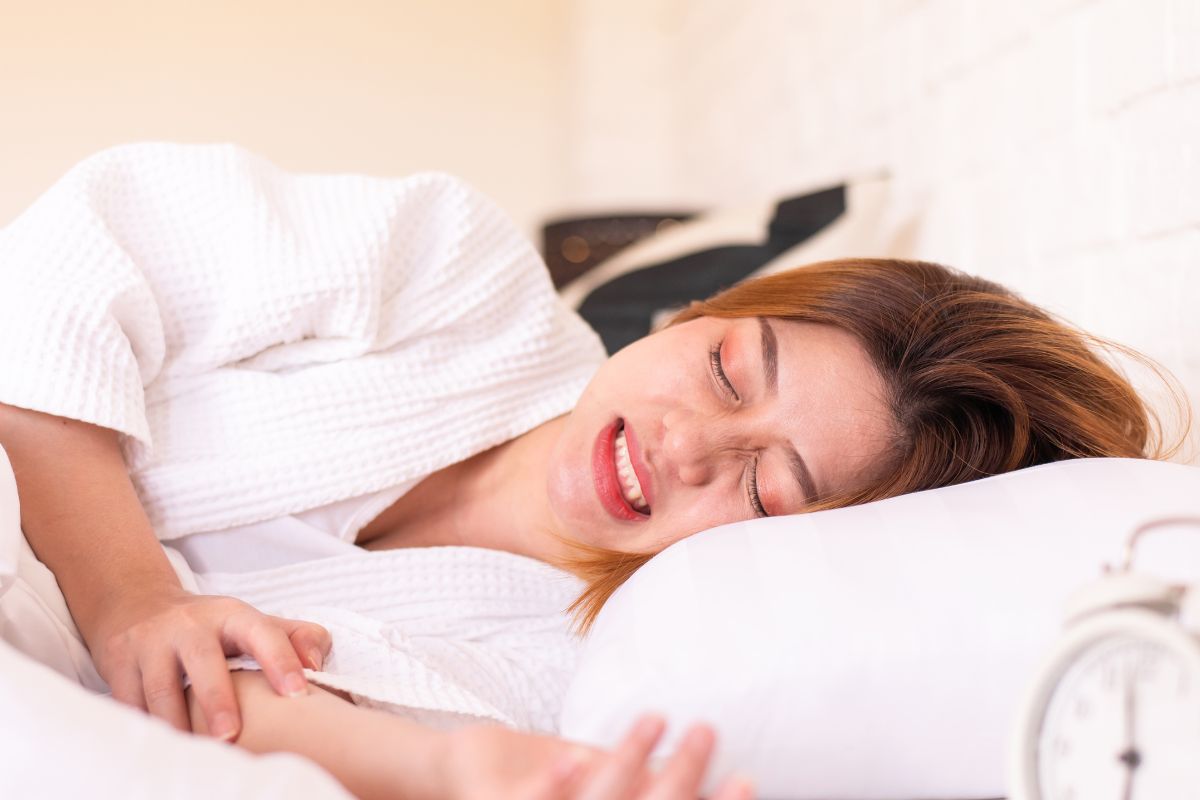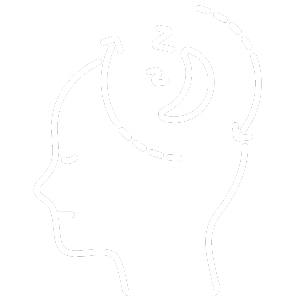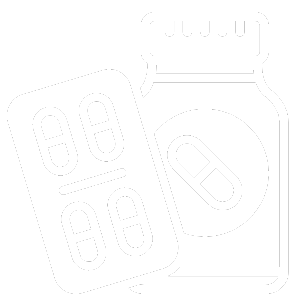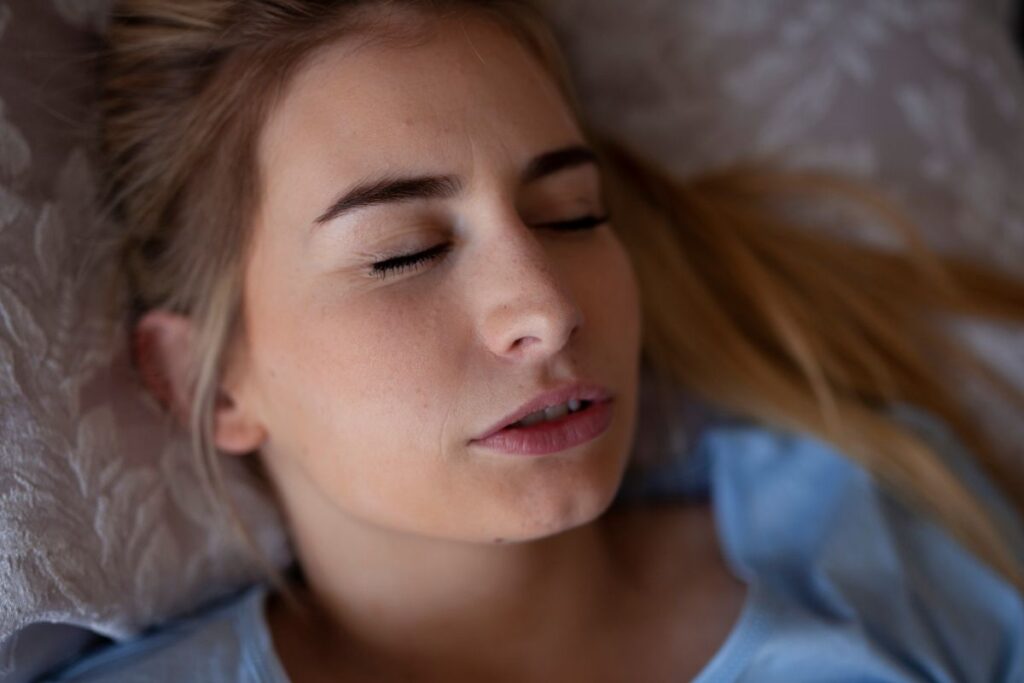"Resilience shines through a serene smile."
Have you ever woken up with a sore jaw or a dull headache? It might not just be a bad night’s sleep; you might be grinding your teeth. This condition, known medically as bruxism, is when people grind their teeth without realising it, leading to several noticeable consequences.
But what exactly causes teeth grinding, and what are its effects on your health? We’ll look into the reasons behind teeth grinding and how it affects your wellbeing, including its impact on your face’s aesthetics and why aesthetic treatments at NU.U Clinic could be beneficial.

Teeth Grinding
Teeth grinding, or bruxism, is the act of clenching the jaw and grinding the teeth, often without being aware of it. While occasional grinding may not cause significant harm, regular or severe grinding can lead to dental damage, jaw disorders, and discomfort. Bruxism can occur during the day (awake bruxism) or at night (sleep bruxism), with the latter being harder to detect and often identified by a dentist.
This involuntary grinding can result in tooth wear and breakage, enamel erosion, increased tooth sensitivity, and jaw pain. Over time, chronic teeth grinding can lead to more serious conditions like temporomandibular joint (TMJ) disorders, which affect the joint and muscles that enable jaw movement.
The implications of chronic teeth grinding extend beyond discomfort and dental damage; they can also impact the aesthetic appearance of one’s face. Persistent grinding can lead to hypertrophy of the masseter muscles, giving the lower face a broader and more square appearance, which many find less aesthetically pleasing.
Causes of Teeth Grinding

Sleep Disorders
Individuals with certain sleep disorders, such as sleep apnea and snoring, have a higher propensity for teeth grinding. These conditions disrupt sleep patterns and may increase muscle activity in the jaw.

Medications
Some psychiatric and neurological medications, particularly certain types of antidepressants, have been linked to an increased risk of bruxism. Always consult with healthcare providers about potential side effects of your medications.

Lifestyle Factors
Habits such as smoking, heavy alcohol consumption, caffeine intake, and the use of recreational drugs can exacerbate teeth grinding. These substances alter sleep and may increase muscle tension.

Genetic Factors
Bruxism tends to run in families, suggesting a genetic component to the condition. If a close family member grinds their teeth, you may be at higher risk.

Other Disorders
Teeth grinding can be associated with various medical and mental health conditions, including Parkinson's disease, dementia, gastroesophageal reflux disease (GERD), epilepsy, night terrors, and attention-deficit/hyperactivity disorder (ADHD).
Treatments for Teeth Grinding

Injectable neuromodulators, derived from botulinum toxin, are commonly used to manage bruxism by relaxing the overactive jaw muscles responsible for teeth grinding. This treatment helps reduce muscle activity, alleviating the discomfort and dental damage caused by bruxism. It can also address changes in facial aesthetics associated with enlarged jaw muscles, resulting in a more balanced facial appearance.
In Singapore, popular brands for this treatment include Dysport, Botox, and Nabota. Each of these neuromodulators works similarly by blocking nerve signals to the targeted muscles, preventing them from contracting excessively. The choice of brand and dosage is tailored to each patient’s specific needs and is determined during a consultation with a qualified practitioner.
Conclusion
Teeth grinding, or bruxism, is not just a sleep issue; it has significant implications for both dental health and facial aesthetics. Effectively addressing this condition requires a comprehensive approach that goes beyond managing symptoms. Treatments like Dysport, Botox, and Nabota can help by reducing the physical discomfort associated with bruxism and improving facial aesthetics by targeting the masseter muscles.
At NU.U Clinic, the focus is on creating individualised treatment plans tailored to each patient’s specific needs and goals, whether addressing teeth grinding or seeking broader facial rejuvenation. This approach aims to provide symptomatic relief while also enhancing facial harmony, reflecting the importance of personalised, expert care in aesthetic treatments.
"Let your smile shine brighter."





 +65 6732 9989
+65 6732 9989 +65 9152 3582
+65 9152 3582